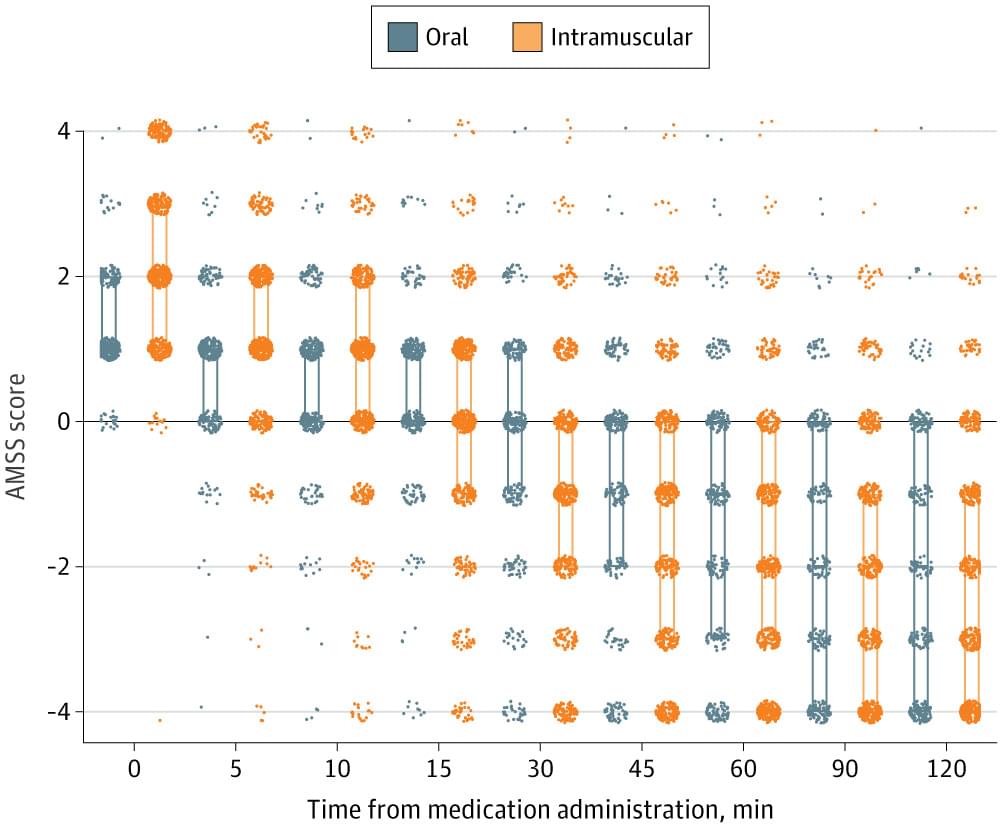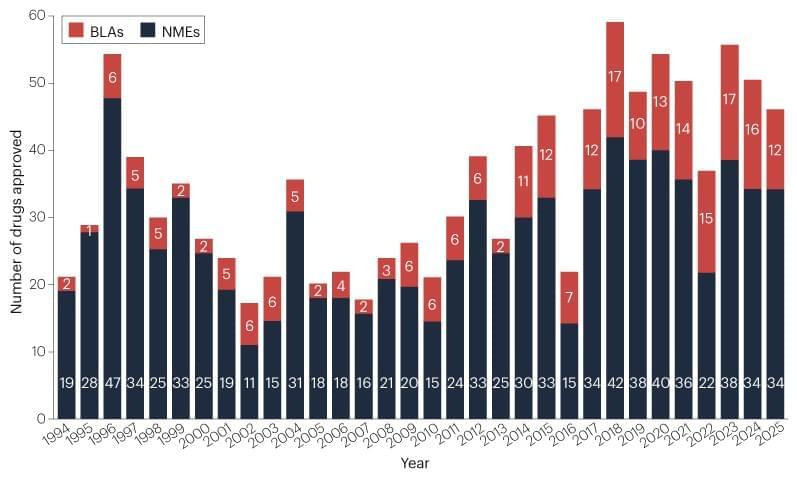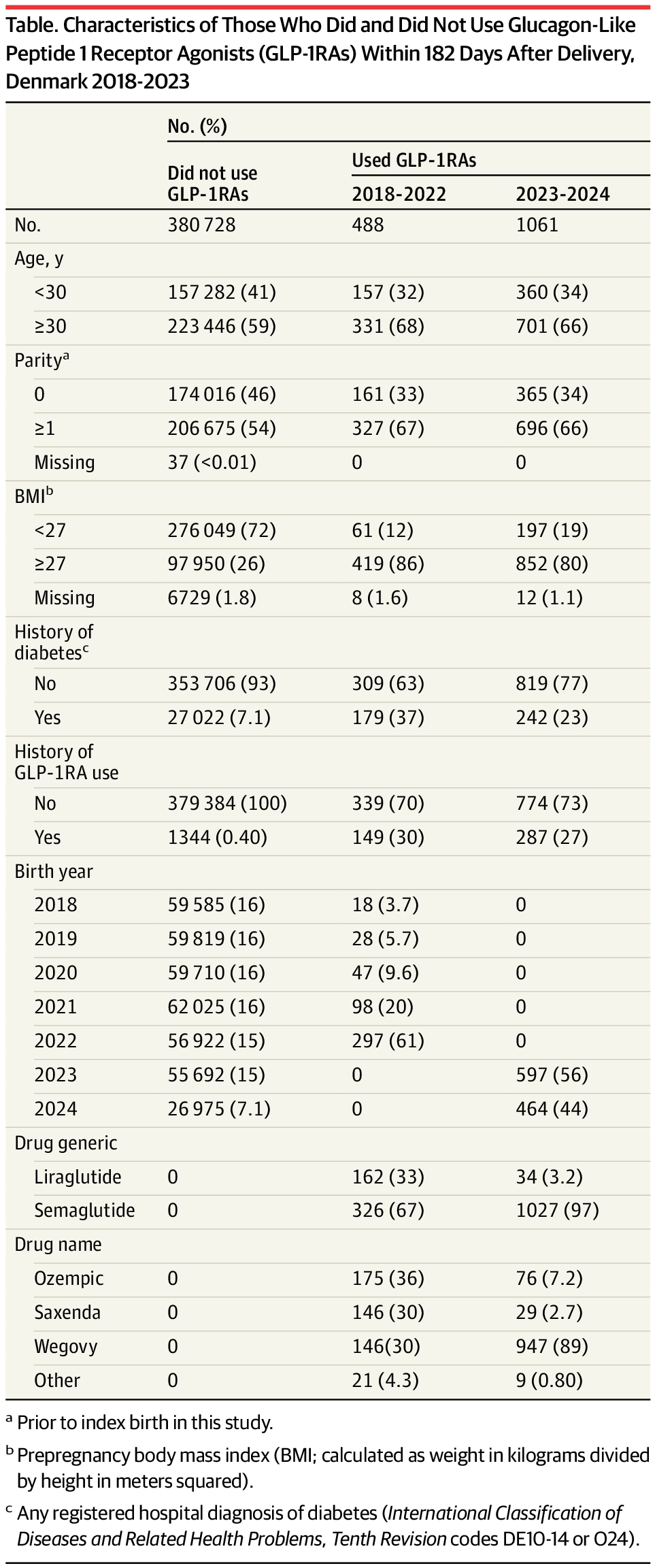Treatment with an immune and cancer cell-targeting antibody therapy eradicates residual traces of the blood cell cancer multiple myeloma, according to interim results from a clinical trial conducted by researchers at Sylvester Comprehensive Cancer Center, part of University of Miami Miller School of Medicine.
None of the 18 patients who completed up to six cycles of treatment with the antibody linvoseltamab had detectable disease on highly sensitive tests. This preliminary success suggests linvoseltamab, a bispecific antibody, could allow patients to avoid bone marrow transplants, which involve intense, high-potency chemotherapy. It also points to the long-term possibility of improving patients’ odds against this disease.
Lead researcher Dickran Kazandjian, M.D., a Sylvester physician and professor in the Myeloma Division at the Miller School, presented updated results today at the American Society of Hematology meeting in Orlando. Dr. Kazandjian conducted the research in collaboration with C. Ola Landgren, M.D., Ph.D., director of Sylvester Myeloma Institute.
“These patients received modern and effective, up-front treatment that eliminated 90% of their tumor,” said Dr. Kazandjian. “Usually, patients like these would receive high-dose chemotherapy and transplant. Instead, we give them a treatment with the drug linvoseltamab.”
Sylvester Comprehensive Cancer Center researchers are investigating ways to eradicate residual traces of multiple myeloma.







